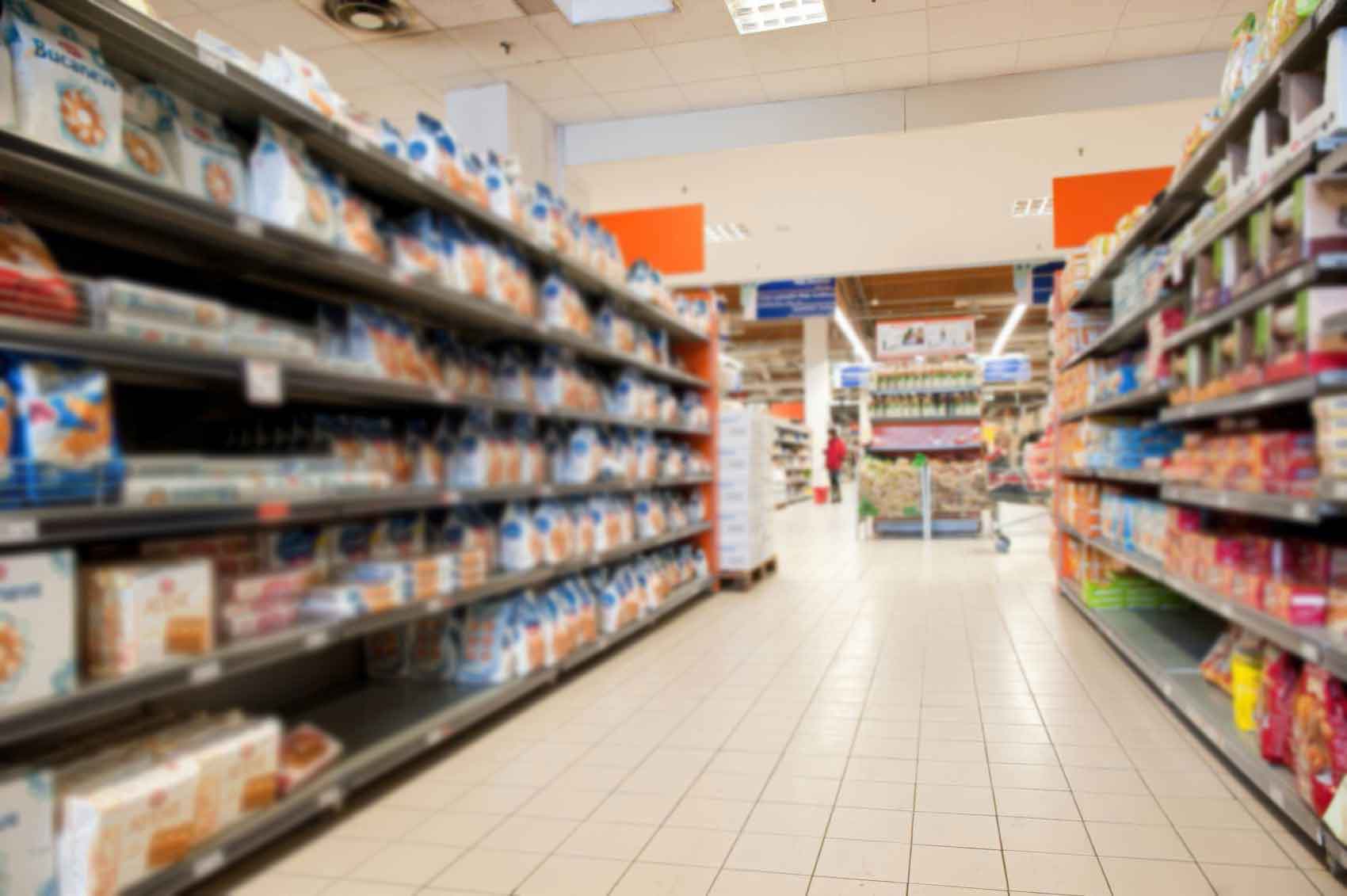Retailers unauthorised to set prices of imported products
KARACHI: Retailers will be bound to sell certain imported stuffs on prices determined by the importers instead of with price tags of their own, tax experts said on Wednesday, interpreting the money bill for the next fiscal year.
The experts said consumers would be able to buy imported items on printed retail prices rather than prices fixed by the retailers under the Finance Bill 2019. “This will also help tax authorities in improving sales tax collection,” an expert said.
The government has made it mandatory for the importers to supply some specific consumer
products to the retailers with printed prices.
Under the budget proposal, importers would pay sales tax on import values assessed by the customs authorities at the time of clearance. Subsequently, importers would collect sales tax of 17 percent on printed prices from retailers.
“This will bring uniformity in prices of specific items under third schedule of Sales Tax Act 1990 across the country and end the cartelisation of large retail houses in fixing prices,” an official of the Inland Revenue at the Federal Board of Revenue (FBR) said.
Previously, printing of retail prices was made mandatory for items such as air conditioner, refrigerator, deep freezer, television, recorder and player, electric bulb, tube light, electric fan, electric iron, washing machine and telephone sets.
Now, the list has been extended to include household gas appliances, including cooking range, oven, geyser and gas heater, mattress, paint, oil, storage battery, tyre, motor cycle and auto rickshaw.
The tax official further said though importers will have discretion in fixing retail prices, the administration would keep vigil to discourage inflated prices by bringing commercial importers into minimum tax from final tax regime. It would be mandatory for importers to file their returns of income tax and wealth statement by declaring profit of their supplies as well as
import cost.
The official said the FBR planned to expand the list of imported items to cover general goods, including shampoo, beauty soap, cosmetics and food. Chartered account firm Deloitte Pakistan said printed price condition was there for commercial importers between 2003 and 2005. The latest finance bill restored the condition.
“It means the commercial importers of goods listed in third schedule shall charge sales tax on retail price fixed by them, inclusive of all duties, charges and taxes (other than sales tax) at which any particular brand or variety of any article should be sold to the general body of consumers,” Deloitte said in a report.
“The bill also proposes that commercial importers of goods listed in the third schedule shall also pay sales tax at the import stage on retail prices instead of value determined under section 25 of the Customs Act, 1969 (as currently applicable for commercial importers). Accordingly, commercial importers will not be able to adjust input tax paid on other goods or services.”
The commercial imports of taxable goods is also liable to minimum value addition tax (VAT) of three percent ad valorem, which is allowed to be adjusted against output tax but no refund would be allowed for such VAT. However, such amount would be carried forward in subsequent periods for adjustment.
Deloitte identified anomaly in the regime, saying imposition of three percent VAT on commercial import of goods listed in third schedule would result in getting refunds stuck as it could not be adjusted against output tax and the commercial importers are not allowed to claim tax refund.
-
 Meghan Markle Showcases Princess Lilibet Face On Valentine’s Day
Meghan Markle Showcases Princess Lilibet Face On Valentine’s Day -
 Harry Styles Opens Up About Isolation After One Direction Split
Harry Styles Opens Up About Isolation After One Direction Split -
 Shamed Andrew Was ‘face To Face’ With Epstein Files, Mocked For Lying
Shamed Andrew Was ‘face To Face’ With Epstein Files, Mocked For Lying -
 Kanye West Projected To Explode Music Charts With 'Bully' After He Apologized Over Antisemitism
Kanye West Projected To Explode Music Charts With 'Bully' After He Apologized Over Antisemitism -
 Leighton Meester Reflects On How Valentine’s Day Feels Like Now
Leighton Meester Reflects On How Valentine’s Day Feels Like Now -
 Sarah Ferguson ‘won’t Let Go Without A Fight’ After Royal Exile
Sarah Ferguson ‘won’t Let Go Without A Fight’ After Royal Exile -
 Adam Sandler Makes Brutal Confession: 'I Do Not Love Comedy First'
Adam Sandler Makes Brutal Confession: 'I Do Not Love Comedy First' -
 'Harry Potter' Star Rupert Grint Shares Where He Stands Politically
'Harry Potter' Star Rupert Grint Shares Where He Stands Politically -
 Drama Outside Nancy Guthrie's Home Unfolds Described As 'circus'
Drama Outside Nancy Guthrie's Home Unfolds Described As 'circus' -
 Marco Rubio Sends Message Of Unity To Europe
Marco Rubio Sends Message Of Unity To Europe -
 Savannah's Interview With Epstein Victim, Who Sued UK's Andrew, Surfaces Amid Guthrie Abduction
Savannah's Interview With Epstein Victim, Who Sued UK's Andrew, Surfaces Amid Guthrie Abduction -
 Piers Morgan Supports Bad Bunny As US Lawmakers Seek Action
Piers Morgan Supports Bad Bunny As US Lawmakers Seek Action -
 Jennifer Love Hewitt Reminisces About Workign With Betty White
Jennifer Love Hewitt Reminisces About Workign With Betty White -
 Hilarie Burton Reveals Valentine's Day Plans With Jeffrey Dean Morgan
Hilarie Burton Reveals Valentine's Day Plans With Jeffrey Dean Morgan -
 Cardi B Compares Her Fall To Government At Las Vegas Show
Cardi B Compares Her Fall To Government At Las Vegas Show -
 Harry Styles Silently Deleted Instagram App
Harry Styles Silently Deleted Instagram App




